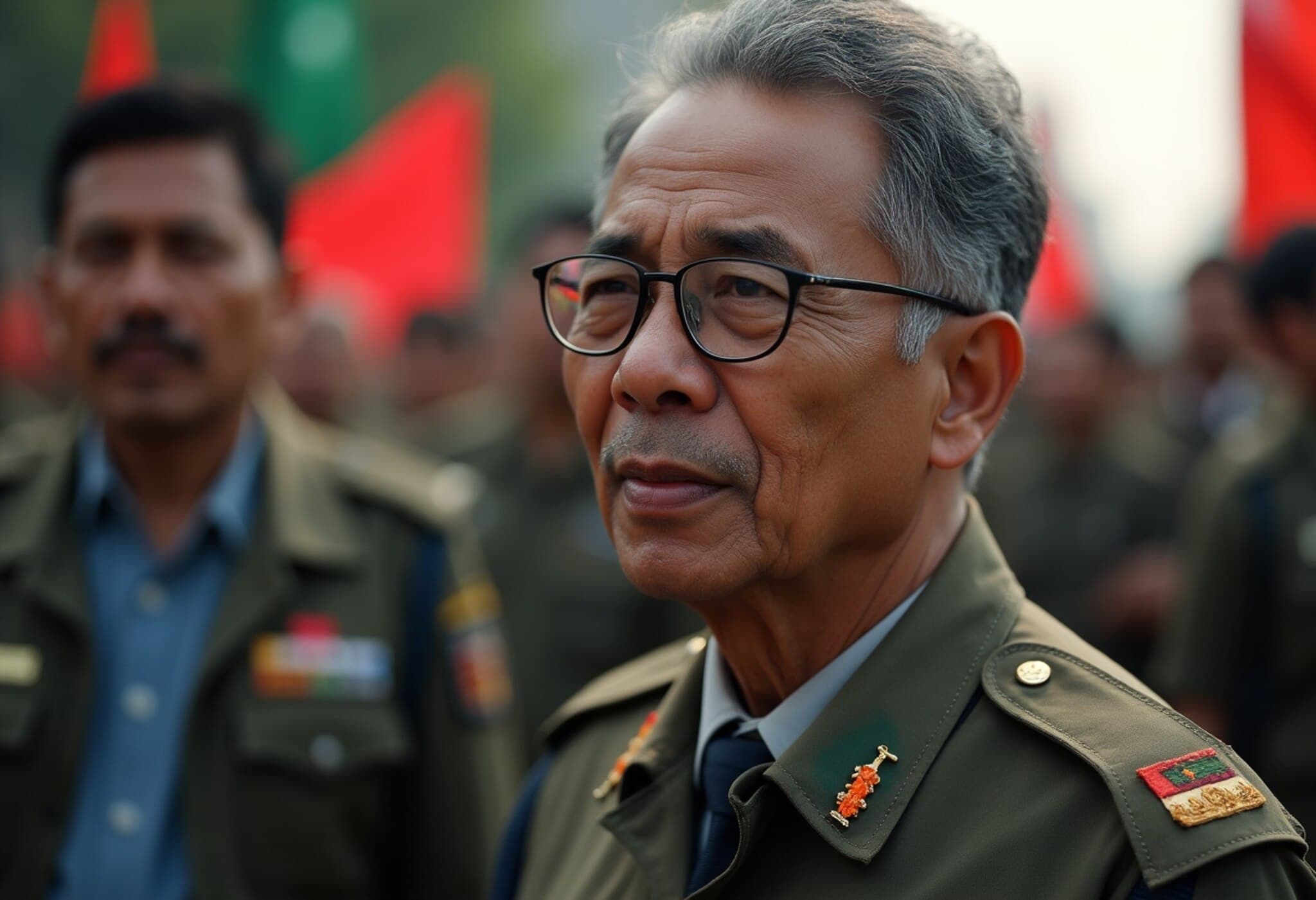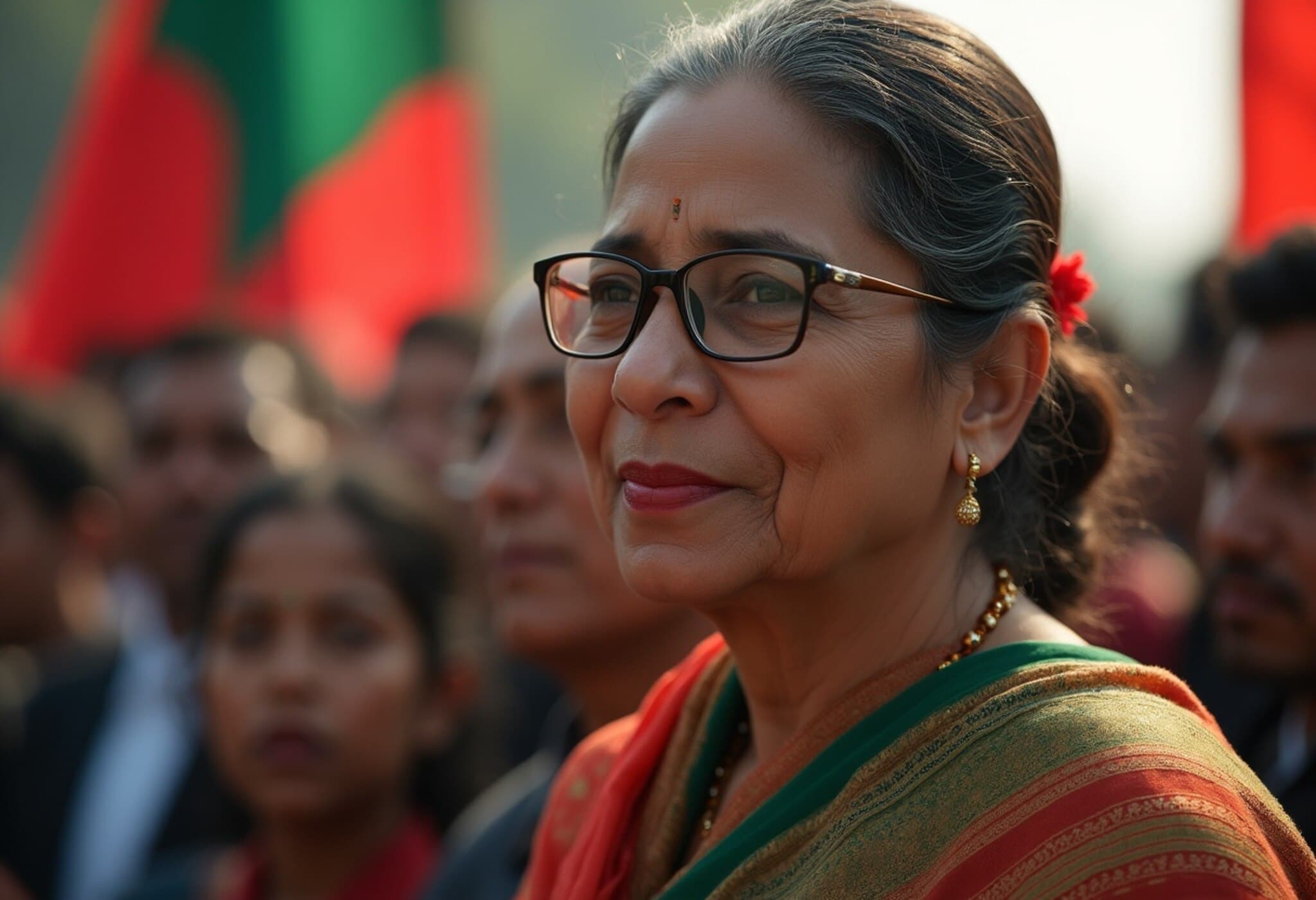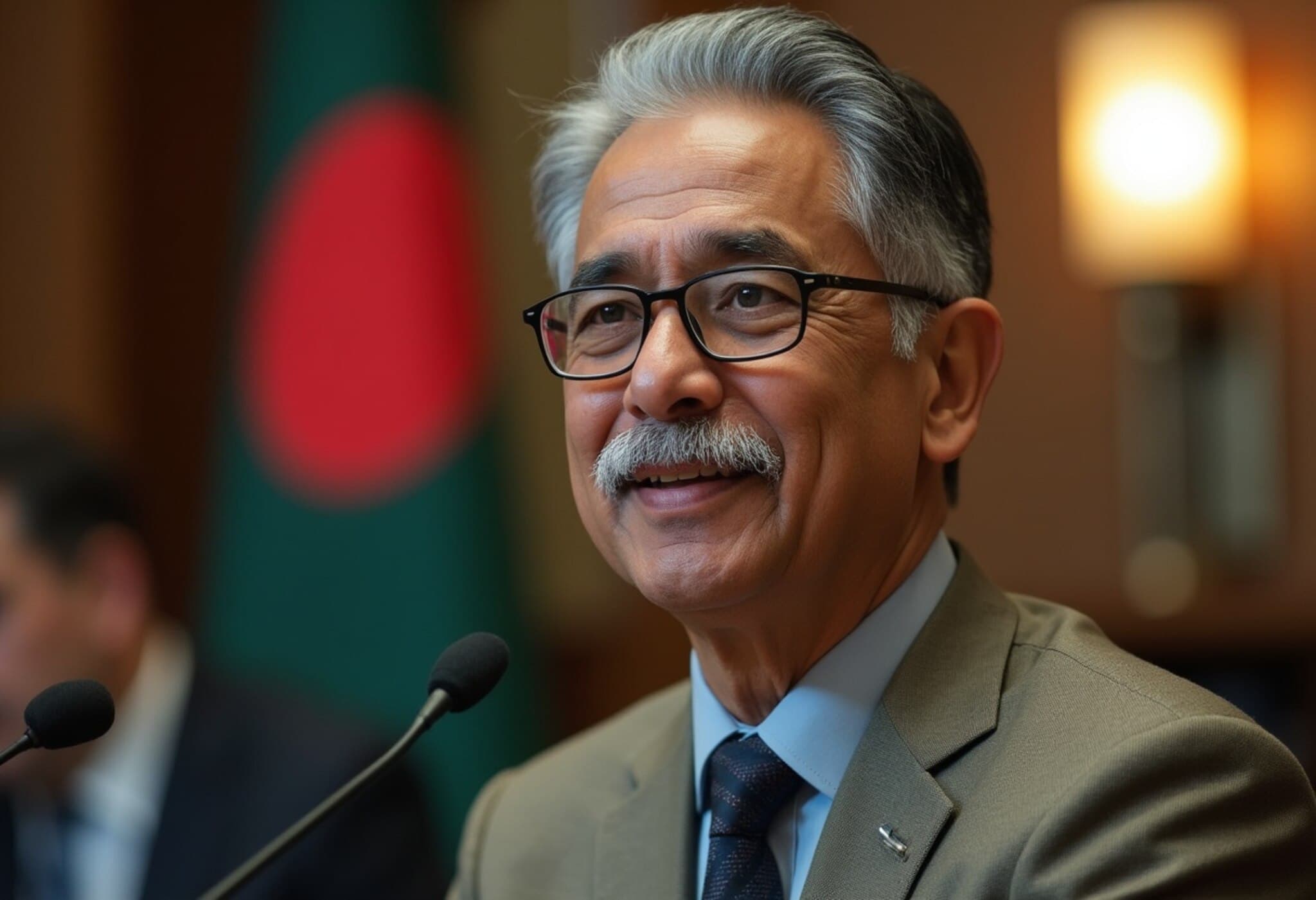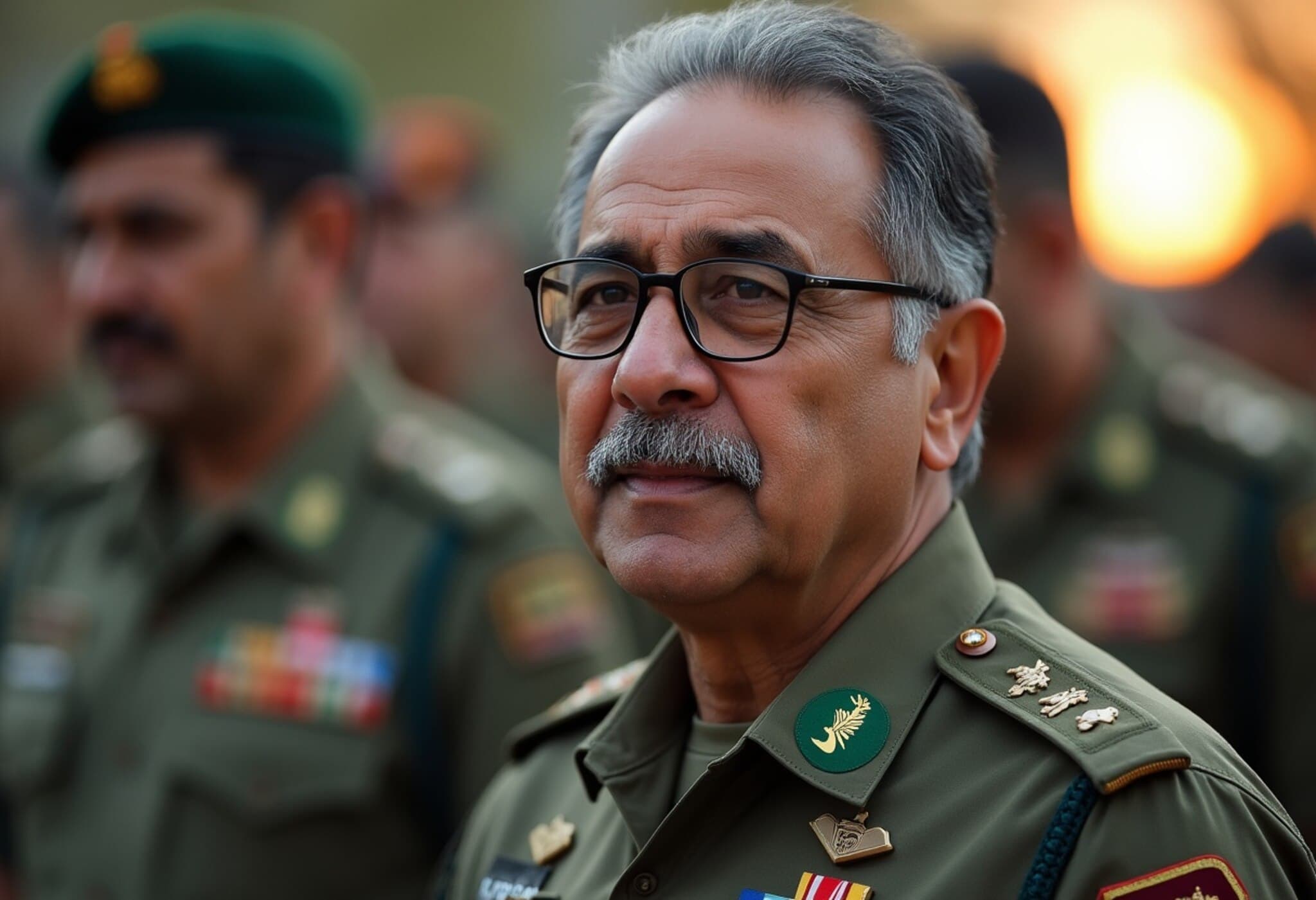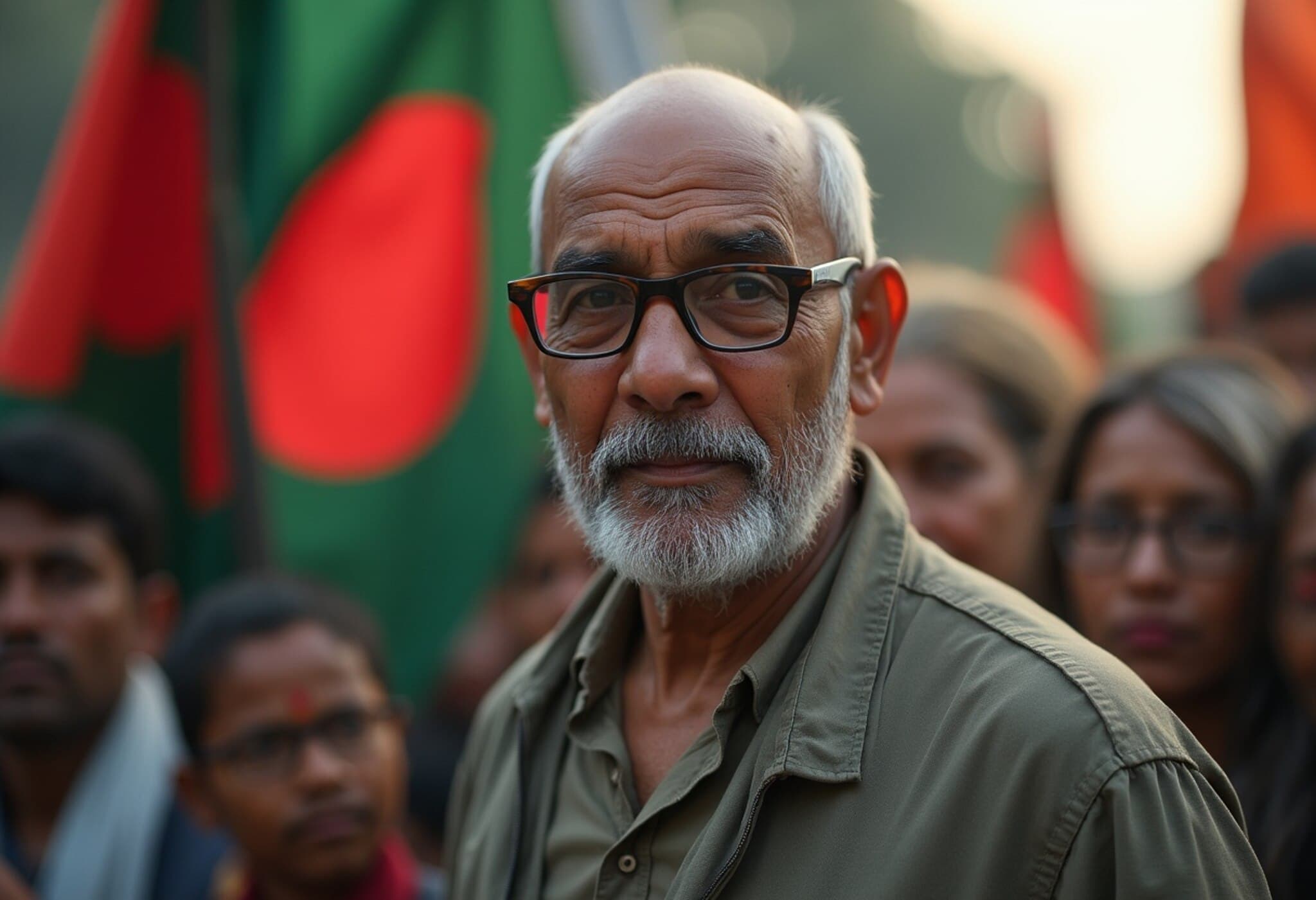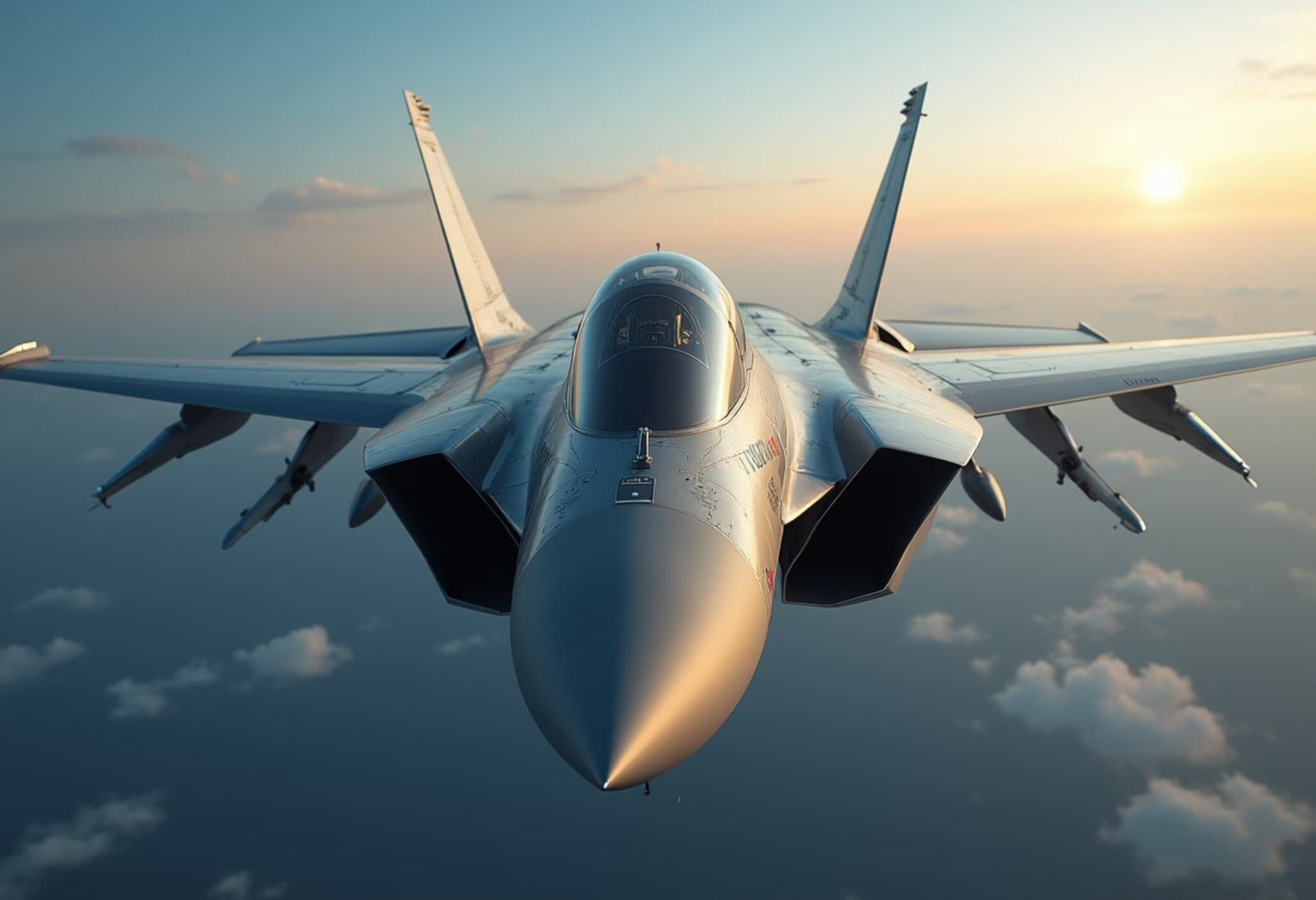Fatal Ambush in Balochistan Highlights Ongoing Conflict
On August 12, 2025, a fatal attack in Pakistan's restive Balochistan province resulted in the deaths of at least nine Pakistani soldiers, including an Army captain. The assault was carried out near Green Chowk in the Basima area of the Washuk district, a region long fraught with tension and insurgency. The soldiers were ambushed while traveling in a military police vehicle and a quick response force (QRF) unit, according to official reports and eyewitness accounts.
Details of the Attack
A coordinated strike by armed Baloch fighters targeted the military convoy in what officials describe as a well-planned ambush. Gunmen opened fire swiftly, killing nine security personnel before disappearing into the rugged terrain of the province. The military is continuing operations to track down the assailants amid rising concerns over the persistence of insurgent activities.
Understanding the Baloch Insurgency
The attack is emblematic of the long-standing conflict between Baloch nationalist groups and the Pakistani state. Diverse factions, including the shadowy Baloch Liberation Army (BLA), have pursued armed resistance aiming for greater autonomy or outright independence for Balochistan, Pakistan's largest but least developed province. The insurgency is fueled by grievances over political marginalization, economic disparity, and control over the region's rich mineral resources.
This recent violence underscores the ongoing volatility and the challenges Pakistan faces in stabilizing the region. It also signals the continued presence and operational capacity of separatist groups despite the government's intensified military efforts.
Broader Regional Security Implications
- Security Challenges: The attack is part of a troubling pattern of escalated violence in Balochistan and neighboring areas. Recent months have seen multiple assaults, including a deadly incident late last month where three Frontier Corps personnel were killed in Khyber Pakhtunkhwa.
- Parallel Insurgencies: The tribal northwest also remains volatile, with the Tehrik-e-Taliban Pakistan (TTP) continuing their insurgency, having claimed the lives of hundreds of Pakistani security personnel over recent years.
- Political and Social Ramifications: The cycle of violence perpetuates instability that hampers economic development and fuels further resentment among local populations.
Expert Commentary: A Complex Conflict Demanding Nuanced Solutions
Experts emphasize that the root causes of the conflict cannot be addressed by military means alone. Dr. Saima Ahmed, a South Asian security analyst, notes, "The Baloch insurgency reflects decades of disenfranchisement. Without meaningful political dialogue and equitable development strategies, these violent episodes will continue to surge." Moreover, the international community must recognize the human rights issues intertwined with the conflict to foster a durable peace.
Pakistan’s approach in Balochistan represents a delicate balancing act between asserting sovereignty and ensuring human security. The recent attack is a stark reminder of the costs on both military personnel and civilian lives.
What Lies Ahead?
As the military intensifies its operations and stakeholders push for political engagement, it remains to be seen how Pakistan will navigate the complexities of the Baloch nationalist movement amid persisting violence. The human toll—especially among security forces—adds urgency to finding sustainable solutions that respect local aspirations while maintaining national unity.
Key Takeaways:
- Nine soldiers, including a captain, killed in a targeted attack in Balochistan.
- Balochistan's insurgency driven by demands for autonomy and resource control.
- Parallel insurgencies in the northwest exacerbate Pakistan’s security challenges.
- Experts call for political dialogue alongside security measures.


